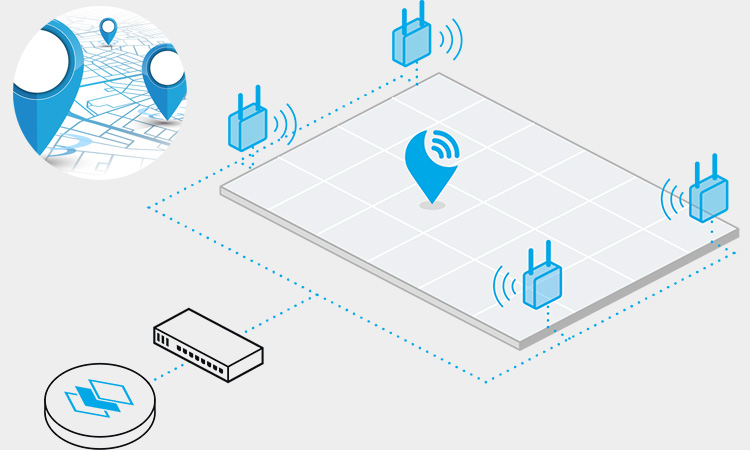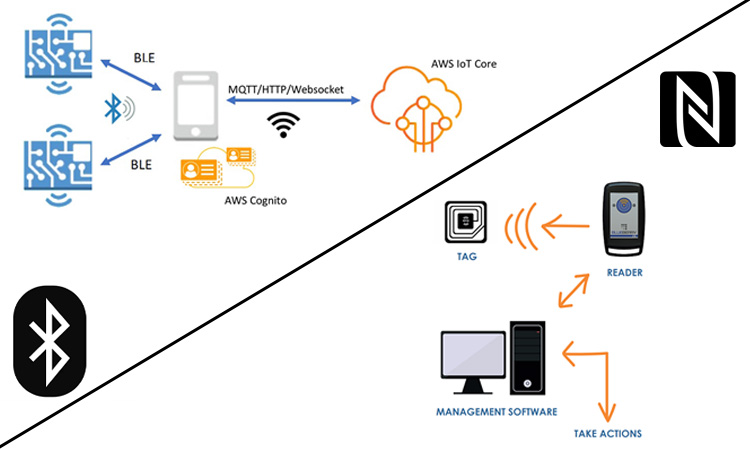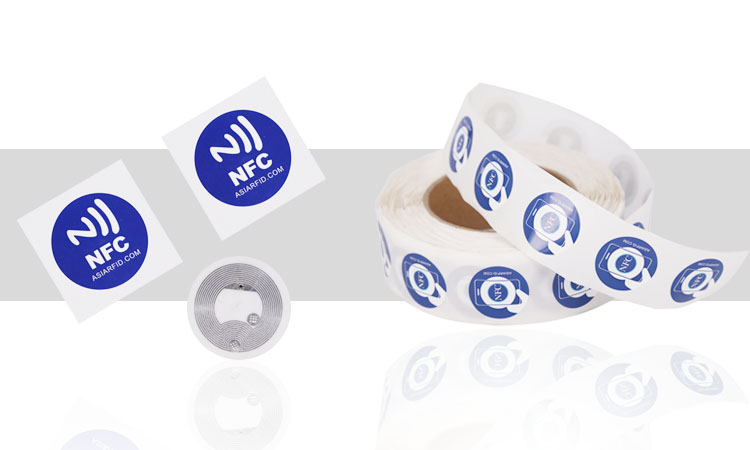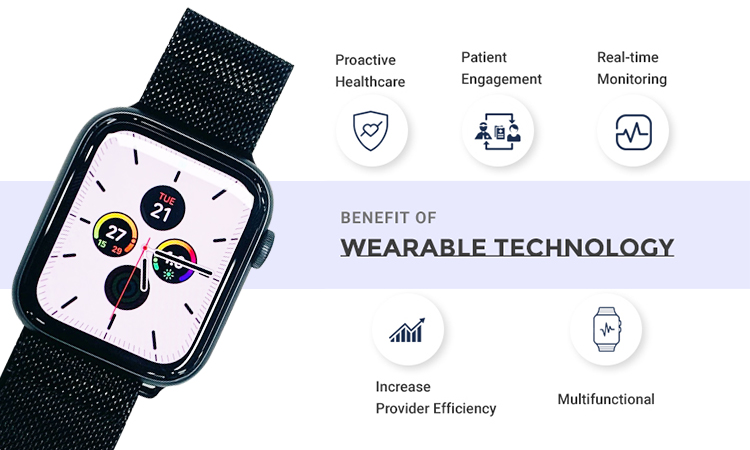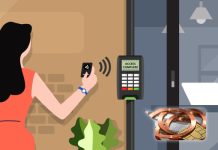Gone are the days when you had to stand in long queues to buy a ticket for your favorite concert or movie. With the advent of electronic ticketing, the process of buying tickets has become much easier and more convenient. E-ticketing is a process of buying and selling tickets online. In this blog post, we will discuss the advantages of e-ticketing, how it has changed the way we buy tickets, and how it differs from flight booking, Internet ticketing, and paper and mobile tickets.
What is Electronic Ticketing System?
Electronic ticketing systems, also known as e-ticketing machines, are a convenient and paperless way to purchase tickets for various events and modes of transportation, including public transport electronic ticketing systems. Public transport electronic ticketing has become increasingly popular in recent years as it provides a more efficient and cost-effective way of managing ticketing. These electronic ticketing services are stored in a database and can be easily accessed and printed out at home or the on-site electronic ticketing counter.
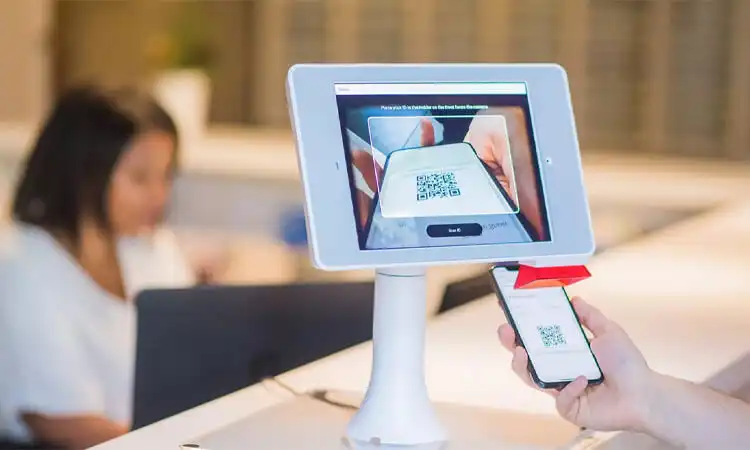
E-ticketing machines were first introduced in the airline industry in 1994 and have since been adopted by other transport and entertainment industries. In addition to being more environmentally friendly, e-tickets are more efficient and cost-effective for companies to manage than traditional paper ticketing systems. Electronic ticketing services allow customers to change their travel plans easily, and companies can quickly update and distribute information about changes or cancellations.
In the context of public transport e-ticketing, electronic ticketing machines have become essential to the industry, providing a seamless and convenient ticketing experience for commuters. Whether it’s for buses, trains, or other public transport systems, on-site electronic ticketing machines have made the process of buying tickets easy and hassle-free.
How are E-tickets Created?
E-tickets are created and issued by the airline or ticketing company immediately after a customer completes their purchase. The process is automated and typically involves generating a unique digital ticket number and linking it to the customer’s personal and flight details. Once the e-ticket is created, it is either sent to the customer via email as a PDF attachment or stored in an online ticketing system for easy access. Sometimes, customers may also download and print their e-tickets directly from the airline or ticketing company’s website.
E-tickets contain important information about the customer’s itinerary, including their name, flight number, seat number, and other relevant details. This information is typically encoded in a standardized format, allowing airlines and other travel providers to easily process and verify the ticket.
How do E-tickets Work?
E-tickets are a convenient and eco-friendly alternative to traditional paper tickets. They are digital tickets sent to customers via email or mobile apps after they purchase. E-tickets contain a unique barcode or QR code that can be scanned for verification at the airport, event venue, or other point of entry. Once the code is scanned, the customer is granted access to the event or transportation. E-tickets also serve as proof of purchase, eliminating the need for customers to carry physical tickets. However, it’s important to note that some venues may still require physical tickets upon arrival, so it’s always a good idea to double-check with your ticketing provider before purchasing an e-ticket. Additionally, customers should ensure that their mobile device is fully charged and has sufficient storage space to store the e-ticket before arriving at the event or airport.
What Types of Companies Use E-ticketing?
E-ticketing is a popular ticketing solution that is used by a wide range of businesses across various industries. The most common users of e-ticketing are airlines, train services, and amusement parks. These organizations use e-tickets as a convenient and secure way to provide customers with tickets while reducing their overhead costs.
However, e-ticketing is not limited to these industries alone. Theaters, music venues, museums, festivals, and other event-based businesses also use it. E-ticketing is particularly useful for events with many attendees or requiring fast and efficient entry, as it eliminates the need for physical tickets and reduces wait times. In addition, e-ticketing is becoming popular for online events such as media webinars or virtual conferences. This allows businesses to provide customers with a seamless and contactless ticketing experience while expanding their reach to a global audience. E-ticketing is a versatile and efficient solution that benefits businesses and customers.
What are the Benefits of an Electronic Ticketing System?
An electronic ticketing system offers several benefits over traditional paper tickets.
Convenience
One of the primary benefits of the e-ticketing system is convenience. Customers can book and receive tickets from anywhere, anytime, using their computer or mobile device. This eliminates the need to visit a ticket office in person or wait for a paper ticket to arrive in the mail. Additionally, e-tickets are usually stored electronically, so customers don’t have to worry about losing them.
Speed
The E-ticketing system is also faster than traditional ticketing methods. Customers can book and receive their tickets almost instantly without waiting for processing and shipping. This is especially useful for last-minute bookings or events that sell out quickly.
Environmentally Friendly
The E-ticketing system is also more environmentally friendly than traditional paper tickets. By eliminating the need for physical tickets, e-ticketing reduces paper waste and helps to conserve natural resources. This is an important consideration for businesses that want to reduce their environmental impact.
Increased Security
The E-ticketing system also offers increased security over traditional paper tickets. E-tickets are usually linked to a specific customer account, which helps to prevent fraud and unauthorized resale. Also, e-tickets can be easily canceled or reissued if lost or stolen.
Cost-Effective
Finally, an e-ticketing system is often more cost effective than traditional ticketing methods. Businesses can save money on printing and shipping costs because there is no need to print and ship physical tickets. Additionally, e-ticketing can reduce staffing costs by automating the ticketing process.
Differences from Flight Booking, Internet Ticketing, Paper Ticket, and Mobile Ticket
If you’re wondering about the differences between electronic ticketing and other types of ticketing, here’s what you need to know:
What is the Difference between Flight Booking and Electronic Ticket?
Flight booking and electronic tickets are different, but they are related. Flight booking is the process of reserving a seat on a flight, while an electronic ticket is a digital record of that reservation.
When you book a flight, you typically provide your personal information, travel dates, and payment details to the airline or a third-party booking platform. Once the booking is confirmed, you will receive an e-ticket that contains all the details of your reservation, such as your flight number, departure and arrival times, and seat assignment.
The e-ticket serves as proof of your reservation and allows you to check in for your flight online or at the airport. When you check in, you must present your e-ticket and a valid ID to receive your boarding pass.
What is the Difference between Internet Ticketing and E-ticketing?
Internet ticketing and e-ticketing are two related but distinct concepts. Internet ticketing refers to the process of purchasing tickets online, either through a third-party platform or directly from the event organizer. This method of ticketing allows customers to buy tickets from anywhere with an internet connection, using various payment methods such as credit cards, PayPal, or other online payment options.
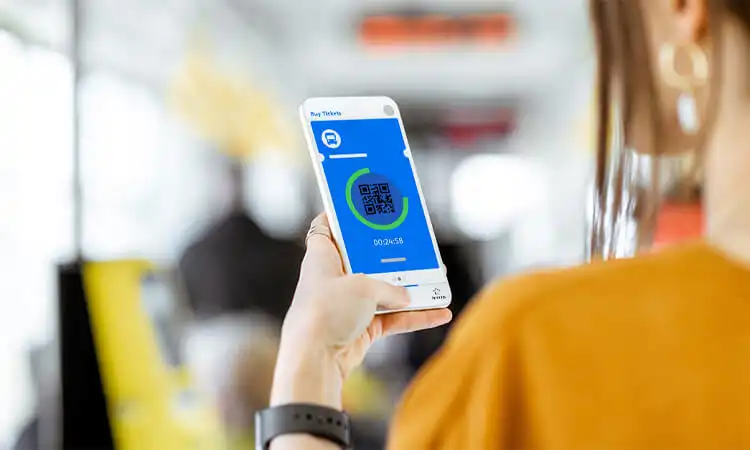
On the other hand, E-ticketing refers to the digital delivery of tickets to customers. With e-ticketing, customers can access their tickets digitally using a mobile device or computer or print them at home. This eliminates the need for physical tickets and makes transferring or reselling tickets easier. Additionally, e-ticketing can help reduce paper waste.
What is the Difference between Paper and Electronic Tickets?
Paper tickets and electronic tickets are two different forms of ticketing for events or transportation. A paper ticket is a physical ticket that is printed on paper and used to gain entry to an event or board a plane or train. On the other hand, an electronic ticket, also known as an e-ticket, is a digital ticket stored on a mobile device or computer and scanned for entry.

There are several differences between paper and electronic tickets. One major difference is that paper tickets can be lost or stolen, while e-tickets cannot. If a paper ticket is lost or stolen, it cannot be replaced, and the ticket holder may be denied entry to the event or transportation. In contrast, e-tickets can be easily reissued or transferred if lost or stolen.
Another difference is that paper tickets require physical handling and distribution, while e-tickets can be delivered dqigitally. This can make e-tickets more convenient and cost-effective for event organizers and transportation companies, as they do not need to print and distribute physical tickets.
What is the Difference between an E-ticket and a Mobile Ticket?
E-tickets and mobile tickets are two types of digital tickets that offer more convenience and flexibility compared to traditional paper tickets. E-tickets are emailed to the customer and can be printed out and presented at the event. On the other hand, mobile tickets are sent directly to the customer’s mobile device, usually in the form of a QR code that can be scanned at the event. With mobile tickets, users don’t need to worry about printing or losing their tickets, as they can access them directly from their phones. In addition to being more convenient, mobile tickets can also help reduce printing and distribution costs, leading to lower ticket prices for consumers.
How Electronic Ticketing is Changing the Way We Buy Tickets
Electronic ticketing is changing the way we buy tickets in many ways.
Mobile Ticketing
Mobile ticketing is becoming increasingly popular. You can buy and store your tickets on your mobile device with mobile ticketing. This eliminates the need for a physical ticket, which can be lost or stolen.
Virtual Reality
Virtual reality is being used to enhance the ticket-buying experience. With virtual reality, you can see a 3D view the venue and choose your seats. This gives you a better idea of what the experience will be like and helps you to make an informed decision.
Personalization
E-ticketing allows for personalization. You can choose your seat, select your food and beverage options, and customize your ticket with your name or a special message.
Electronic ticketing is the future of ticketing systems. It has made it easy for customers to buy tickets, reduced ticketing costs for event organizers, and made events more secure and sustainable. However, challenges still need to be addressed, such as technical issues and fraud. Event organizers and ticketing companies must invest in robust systems that can address these challenges and provide customers with a seamless ticketing experience.
Frequently Asked Questions (FAQs)
-
Can I travel with eTicket?
Yes, you can travel with an eTicket. An eTicket is a digital version of a traditional paper ticket that is stored online, and it can be used to check in for your flight and board the plane. When you purchase a flight online, you’re buying an eTicket that contains all the necessary information about your flight, including the time, date, and place of the flight, airport, seat assignment, and travel class.
-
Do e-tickets work as screenshots?
It depends on the airline and the event. Some airlines and events allow users to present a screenshot of their eTicket, while others require users to present the original eTicket or a printed copy. It’s best to check with the airline or event organizer to confirm the acceptable forms of eTicket presentation.
-
Does e-ticket mean email?
No, an e-ticket does not necessarily mean email. While e-tickets can be sent to the customer via email, they can also be stored on a mobile device or accessed through an online account. E-tickets are digital tickets that are stored online and can be presented at the event without the need for printing.




